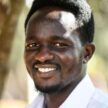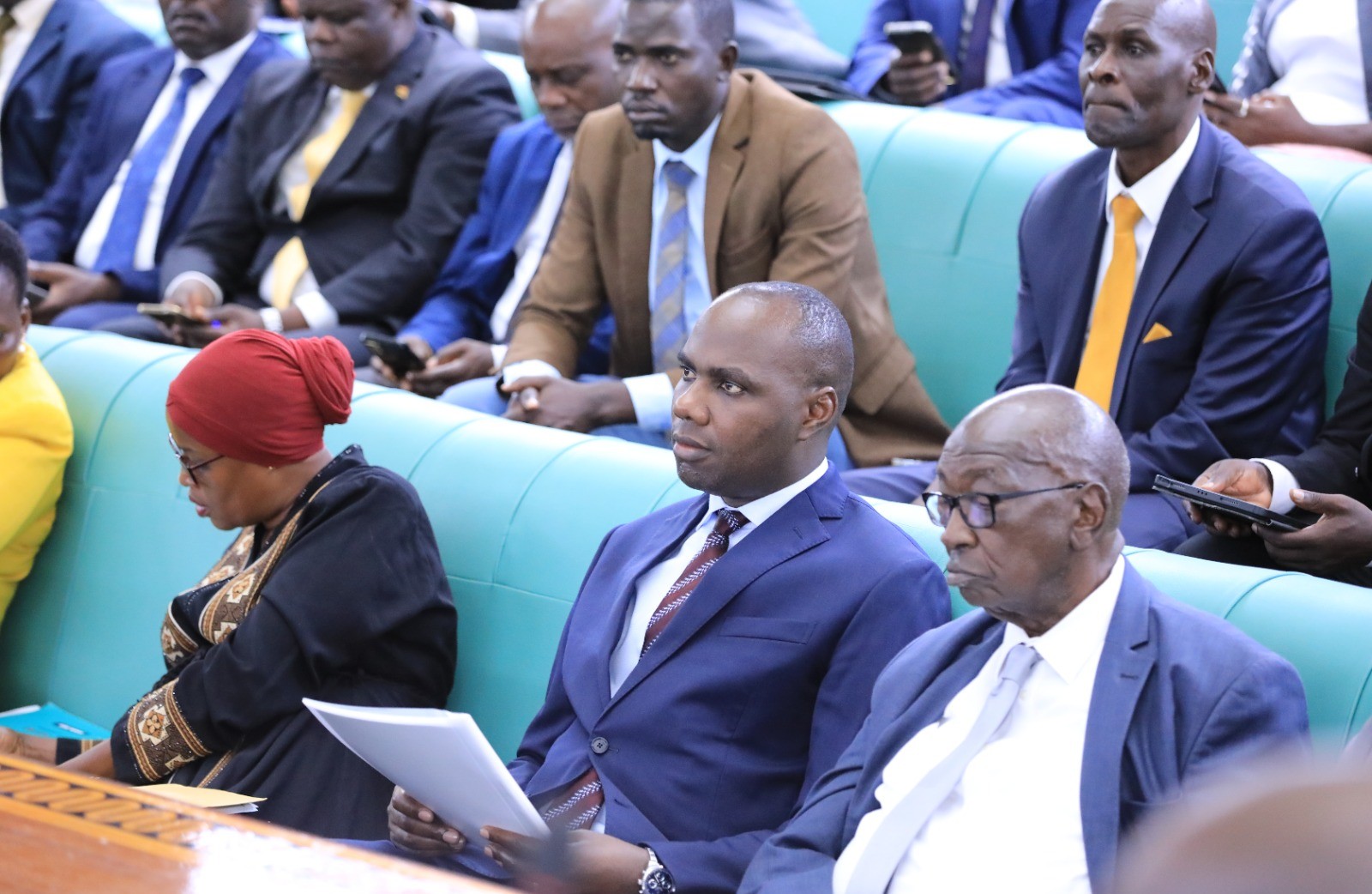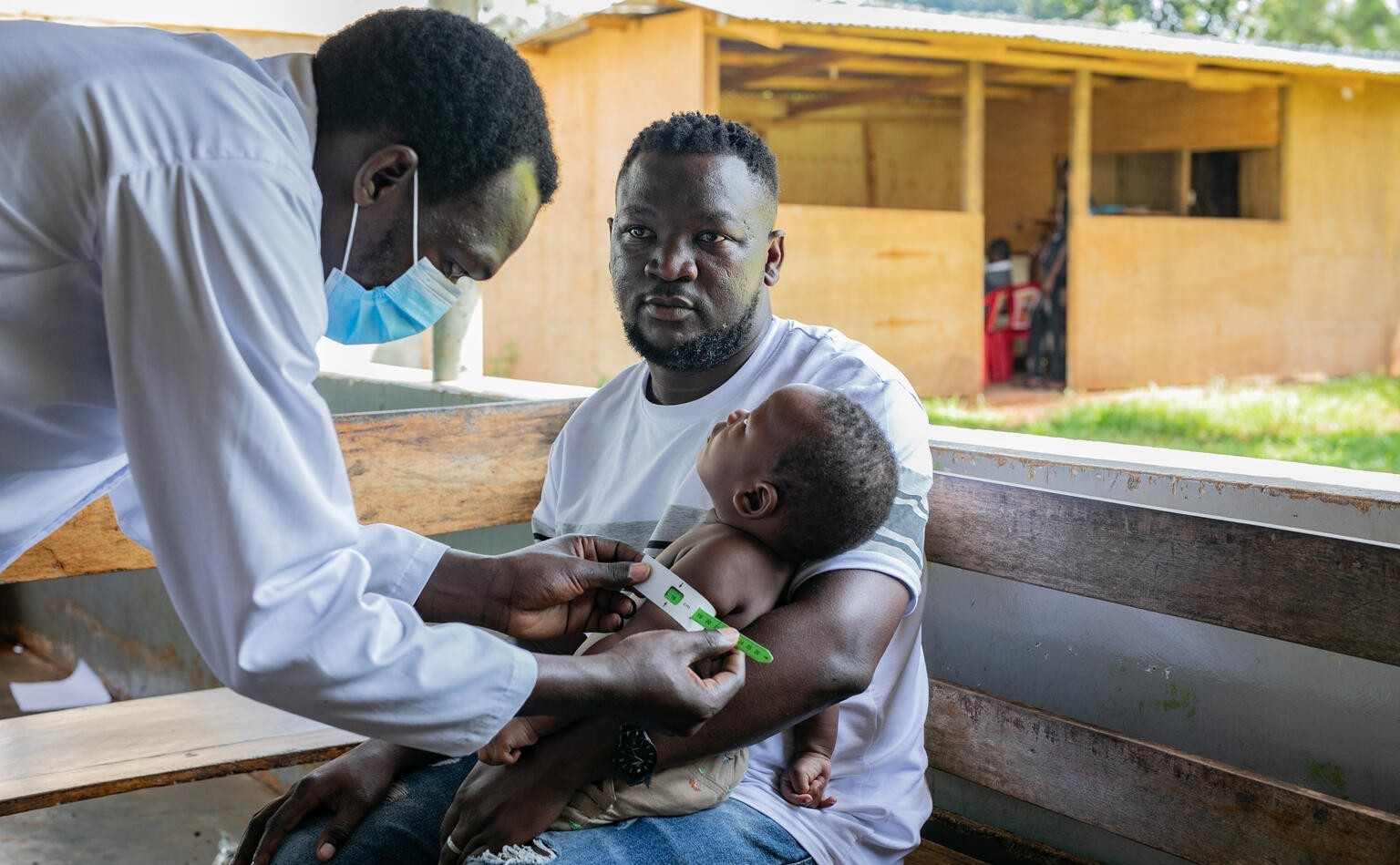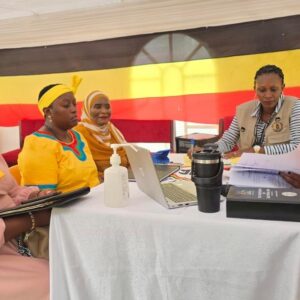On April 3, 2025, a new political force, the People Power Front (PPF), burst onto Uganda’s political scene with a high-profile launch in Kampala. The party claims official registration with the Electoral Commission since August 2024, though Electoral Commission declines registering the same.
Political observers are raising eyebrows as to how PPF was easily registered yet Kizza Besigye’s “FDC Katonga faction”, People’s Front for Freedom (PFF) was denied registration over minor technicalities. Many wonder why the PPF’s registration appears to have sailed through while adopting symbols and rhetoric strikingly similar to NUP’s People Power movement, prompting questions about potential double standards in Uganda’s political system.
Regardless, PPF has positioned itself as a grassroots alternative in Uganda’s crowded political arena, vowing to challenge the status quo ahead of the 2026 elections, drawing inevitable comparisons to Bobi Wine’s original People Power movement. Yet skepticism lingers about whether this represents genuine renewal or merely political rebranding.
At the helm of the new party stands Hajj Musa Misango, the party’s chairman, whose decades of grassroots mobilization in central Uganda provide local credibility if not national recognition. The real political firepower comes from Secretary General Achilles “Spartan” Mukagyi, whose journey from Kyambogo University activist to NUP’s organizing secretary reads like a primer on opposition politics. Spartan earned his stripes under Bobi Wine’s original movement before transforming Northern Uganda into an NUP stronghold through months of tireless motorcycle tours and village meetings. His legendary “Spartan Manual” became required reading for opposition organizers, though his meteoric rise bred resentment that ultimately forced his resignation amid accusations of “political tribalism” within NUP’s leadership.
Completing the leadership trio is Counsel Robert Rutaro, the Central Region Chairman whose NRM-aligned election as Makerere University’s guild president broke the opposition’s decade-long stronghold on student politics. The combative lawyer later made waves challenging ULS President Isaac Ssemakadde’s controversial expulsion of government representatives, showcasing the legal acumen he now brings to PPF. Together, these leaders present an intriguing mix – Misango’s local networks, Spartan’s organizational genius, and Rutaro’s legal-political crossover appeal – though questions remain about their ability to coalesce into an effective force.
The PPF’s launch has ignited fierce debate about Uganda’s opposition future. Supporters see Spartan’s involvement as guaranteeing serious grassroots mobilization, pointing to his unmatched record of building structures where others merely give speeches. Detractors counter that the PPF risks becoming another vehicle for political egos, noting Spartan’s reputation for combustible idealism and past clashes with party hierarchies. With Uganda’s electoral landscape littered with failed challengers, the PPF’s test will be whether it can convert individual reputations into collective momentum.
As the 2026 elections approach, all eyes remain fixed on this unproven but intriguing challenger. Can Misango’s local roots, Spartan’s organizational blueprints, and Rutaro’s legal-political savvy combine to create something greater than the sum of its parts? Or will Uganda’s brutal political realities once again prove that launching movements is easier than sustaining them? The answers may well determine whether PPF becomes a footnote or a force in Uganda’s unfolding democratic struggle.






